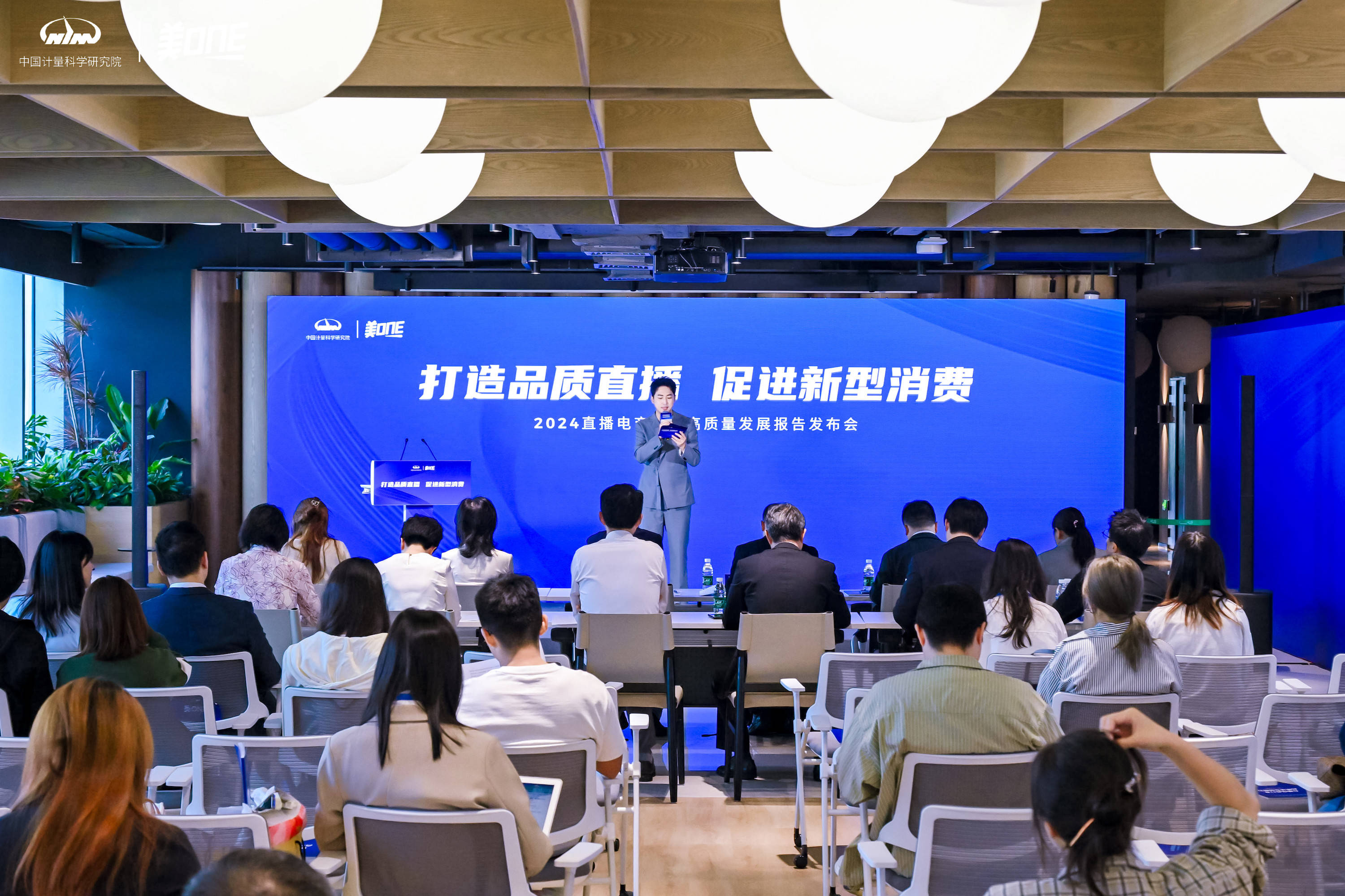揭秘跨境电商新模式:速卖通全托管模式及其效果评估
揭秘跨境电商新模式:速卖通全托管模式及其效果评估
In the rapidly evolving e-commerce landscape, cross-border trade has emerged as a prominent trend. One platform leading the charge in this space is Alibaba's AliExpress or "速卖通". Notably, many sellers are taking advantage of the full-service or "全托管" model on AliExpress. Today, we delve into this model, looking at practical cases, analyzing its efficacy, and discussing its potential implications for sellers.
速卖通全托管模式:一个全新的定义
Full-service or "全托管" model on AliExpress is a model that allows sellers to offload such tasks to AliExpress. From product listing, order management, customer service, to logistics coordination, AliExpress handles all aspects allowing sellers to focus solely on sourcing high-quality products.
案例解析:实操与数据
Consider a practical case study of an apparel seller who adopted the Full-Service model on AliExpress. The seller faced challenges in managing product listing, communication with international customers, and dealing with order logistics. They decided to move to the Full-Service model.
After six months under the Full-Service model, the seller’s monthly sales grew by 70%, while the number of customer complaints dropped by half due to the dedicated customer service provided by the platform. The operation cost also decreased by 40%, suggesting greater efficiency under this model.
全托管模式的效果评估:益处与挑战
Given the increasing complexity of cross-border e-commerce involving multiple languages, regulations, and logistics, the Full-Service model seems like a timely solution. Its evident benefits include reduced operational burden, enhanced customer service quality, and improved sales performance, as demonstrated by the seller’s case.
However, the Full-Service model is not without its challenges. Trust and control issues could arise, given that sellers are offload their key business operations to the platform. Some sellers feel reluctant to give up control over their business operations, while others worry about the potential for conflicts of interest.
结论:全托管模式的未来展望
Like any business model, the Full-Service model has its strengths and weaknesses. It presents an attractive solution for sellers grappling with operational challenges in cross-border e-commerce. However, the loss of control and potential for conflict of interest could act as deterrents.
Therefore, sellers must carefully assess their capacity, business needs, and risk tolerance before making a decision. They should also stay adaptable, ready to switch models if the Full-Service model no longer serves their interests. As the e-commerce landscape evolves, so should businesses.
This article revealed the new model of cross-border e-commerce – Full-Service model on AliExpress, evaluated its effectiveness, and explored its future prospects. It is hoped that the discussion would help sellers navigate the cross-border e-commerce landscape better, ultimately growing their businesses in a complex yet rewarding market.
To wrap up:
- Full-Service model on AliExpress offloads key operations for sellers.
- Case study showed an increase in sales, decrease in complaints, and operation cost.
- Benefits include reduced operational burden, improved customer service, and sales performance.
- Challenges include loss of control and potential conflicts of interest.
- Sellers should carefully assess their needs before opting for the Full-Service model.
Getting a grasp on cross-border e-commerce has never been more critical. The Full-Service model on AliExpress might just be what sellers need to step up their game in cross-border trade.


